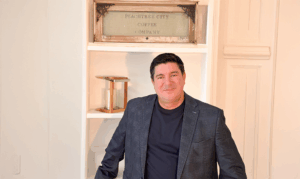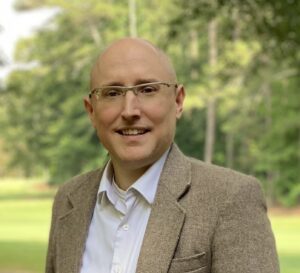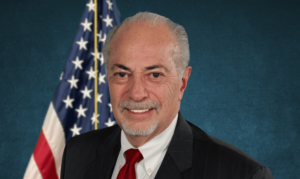[Editor’s note: Paul Lentz has written a series of letters exploring the dilemma underlying the SPLOST issue and his view on “the lesser of two weevils.” This is the third in that series of five letters.]
I’ve already said I don’t want the County Commissioners to get $13.2 million for “Infrastructure Projects” through the proposed SPLOST because I think their plan does not justify the money.
There’s another reason I don’t like the SPLOST: I don’t think any government service should be paid for with its own tax (with one exception, which I’ll discuss shortly).
The reason is this: a service with its own tax is “off the table” for discussions at budget time. It doesn’t have to compete with other service.
This applies to the 911 system, which is funded by its own tax. This applies to Keep Peachtree City Beautiful which is funded through a $1 per customer franchise tax on the garbage companies. (Keep Peachtree City Beautiful does an outstanding job — don’t get me wrong. It’s not KPCB that I don’t like, it’s that they don’t have to compete with other important city services during the budget process. They have no incentive to excel, although they do.)
I object, therefore, to the proposed SPLOST on philosophical grounds: Road projects should be paid from the general fund, and should be the bulk of that fund.
As Mr. Beverly pointed out in a recent editorial, the original and traditional function of county government was to provide roads. However, government is a voracious beast, and it will grow (and demand more food) without limits unless we the taxpayers constrain it. We’ve done a poor job of that over the past 80 or so years.
What is the exception to a special tax for a specific service? Stormwater management.
The city of Peachtree City established a stormwater utility and charged property owners a fee based on the amount of impervious surface (usually meaning roofs, roads, and parking lots) on their property.
By making this a utility fee and not a tax, the cost was levied on everyone, including those entities that usually escape taxation, including churches, schools, and the city, itself. (Yes, the city of Peachtree City pays itself a stormwater fee based on roads, cart paths, buildings and parking lots, and probably outdoor tennis courts. Of course, it’s really all our tax money, just moved from one fund to another.)
Fayette County had a stormwater utility that would have operated the same way. It was developed over a couple of years with a great deal of public input and with a great deal of publicity.
Apparently, some people weren’t paying attention and were surprised by their first stormwater utility bill. They managed to pressure politicians into promising to retract the utility bills (and, apparently, to repay those who had paid them).
Then, the politicians scratched their heads and wondered how they would pay for the federally mandated (but unfunded) stormwater projects and activities.
They came up with an ill-conceived sales tax, and proceeded to justify it with a useless list of projects. (Please note: I said “useless list” and not “useless projects.” Some of the projects are probably needed; the list doesn’t have enough information to show that.)
The politicians tried to buy the votes of the citizens of the municipalities by throwing money their way. They asked for public input and then rejected the most cogent objection by claiming that the objector was only a biologist and not an engineer.
I must oppose the SPLOST because it is a tax or a specific government service, and because that service (whether culverts in Fayette County or streets and cart paths in Peachtree City) will be taken off the table for discussion and competition with other government services for perhaps ten years.
SPLOST Scorecard
Against: “plan” does not justify the money being asked for; set-aside taxes for specific purpose.
For: best way for Peachtree City to pay for cart path expansion and maintenance and for street maintenance.
Paul Lentz
Peachtree City, Ga.











Leave a Comment
You must be logged in to post a comment.